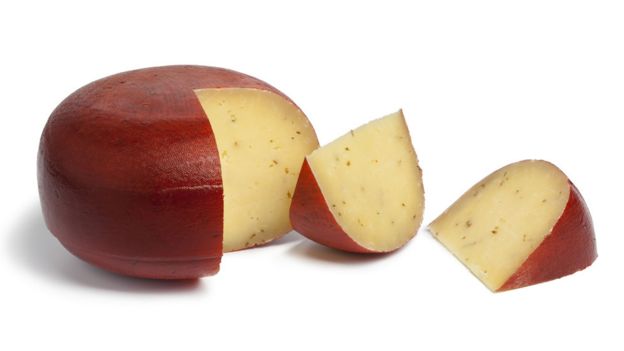
Kerry Finch has sent me the draft of his Private Members speech for Parliament tomorrow.
You can watch it live via the Tasmanian Parliament website, Legislative Council at http://etaslink.com/kfmlc/Video15-10-2015.html
Kerry will specifically raise the issue of why the Tasmanian Health Minister and Government have not addressed the sugar sweetened beverage issue in the hospitals after being directed/encouraged to do so in 2013.
That should be newsworthy as the New Zealander’s did it a few weeks ago and Tasmania had the opportunity to be leaders in this 2 years ago.
Here is the draft. Thank you Kerry for doing the right thing and listening and making your own mind up.
“Special Interest Speech on Sugary
Special Interest Speech on Sugary Drinks ( for Thursday 15 October 2015)
A few decades ago MR PRESIDENT we were told by the petroleum and automotive industry that it was economically impossible to take lead additives out of petrol, even though lead in petrol exhaust fumes were hampering the brain development of our children.
But it turned out to be quite feasible, and leaded petrol is a distant memory.
Later MR PRESIDENT we were told that eliminating the billions of plastic bags from our supermarket system would increase food prices. Well, it turned out to be pretty easy and there are far fewer indestructible plastic bags in our rubbish landfills.
The big tobacco companies MR PRESIDENT said plain packaging wouldn’t lessen tobacco consumption and the resultant massive health risks. Well it has MR PRESIDENT
Now we’re told MR PRESIDENT that it’s too hard to reduce the amount of sugar in sugary drinks, even though Australia’s obesity problem becomes worse every week.
Well, that’s changing MR PRESIDENT.
Of course the best way to bring about these changes is consumer power—but government back-up and education is vital.
I’m not just jumping on an accelerating band wagon MR PRESIDENT; I first raised the problem of added sugar, especially fructose in processed foods in a Special Interest Speech on August the 29th 2013.
The main thrust of my speech was to persuade authorities to get junk food out of hospitals.
I’ll quote just two sentences MR PRESIDENT:
“It’s generally agreed that one of the big problems with our modern diet is processed foods. They usually contain substances which our grandmothers wouldn’t have dreamt of allowing into the kitchen.
There is pressure on the big food manufacturers to reduce sugar, salt and fat in their products. But all three are cheap and contribute to profits.”
Well MR PRESIDENT since then things have moved on a little, but not nearly far enough.
We’ve seen the release of that brilliant and influential film “Sugar” last year and public awareness about health and diet continues to grow.
But things seem to be moving faster across the Tasman. Every health board in New Zealand has banned the sale of sugar-sweetened drinks in hospitals.
A long-time campaigner against excessive sugar consumption, Launceston orthopaedic surgeon Gary Fettke, says, and I quote:
“ The New Zealand move is a proactive public health decision by the New Zealand government. It is a stronger stand than what was proposed by the Legislative Council to the Tasmanian Government and the Tasmanian Minister of Health in 2013. We have languished.
Added dietary sugars are recognised as a having a significant association with oral and dental health, obesity and diabetes. All of these are major public health issues.
Tasmania has the second highest rate of child obeisity (second only to the Northern Territory) in Australia.”
Gary Fettke
MR PRESIDENT.
There is also in New Zealand growing momentum for a tax on food and beverages with a high sugar content.
The Heart Foundation and the New Zealand Medical Association have recommended that the Government investigate a tax on sugary soft drinks to discourage consumption.
However, MR PRESIDENT I don’t see a sugary drink tax coming soon in Tasmania and it is to be hoped that improved public education and consumer choices could make a tax unnecessary.
Victoria seems to be taking a lead in educating consumers I quote a report in the Age newspaper MR PRESDENT:
“A graphic new TV advertising campaign that sugary soft drinks can lead to a deadly build-up of “toxic fat” around the body’s vital organs has been launched to fight the growing obesity problem.
“The campaign is the latest shot fired from the public health lobby in its war on sugar, as it seeks to reduce waistlines by highlighting the dangers of a sugary diet.
“The commentary warns that the sugar is being turned into toxic fat, which can lead to cancer, type-2 diabetes and heart disease.”
(Age Newspaper online 11 10 15)
We need more of the same in Tasmania.
I ask the Health Minister to revisit my 2013 speech and look again at the growing problem of sugary drinks in Tasmania.








